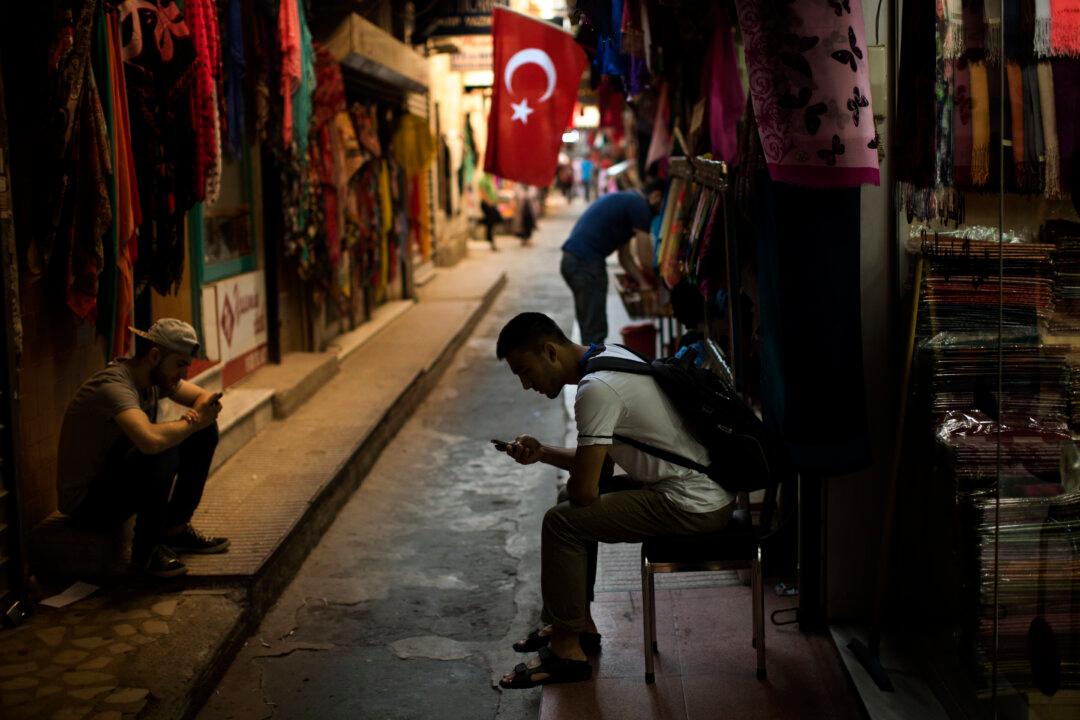The Turkish government’s crackdown on alleged plotters and government opponents since July 15’s failed coup attempt has been swift and far-reaching.
Within five days, the government fired more than 50,000 people from state jobs and arrested 9,000 others.
But according to some observers, President Recep Tayyip Erdogan may be using this as an opportunity to mute opposition and expand his power, raising questions about what the July 15 incident will ultimately mean for democracy in Turkey.
The current crackdown goes beyond the Gulen movement.
, Stratfor





